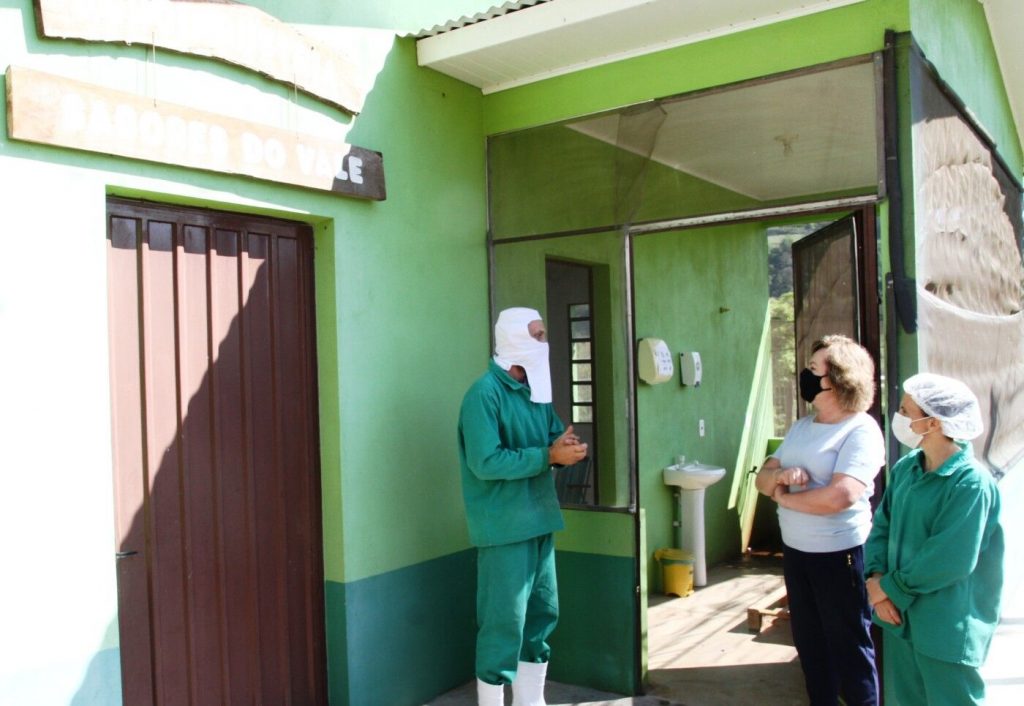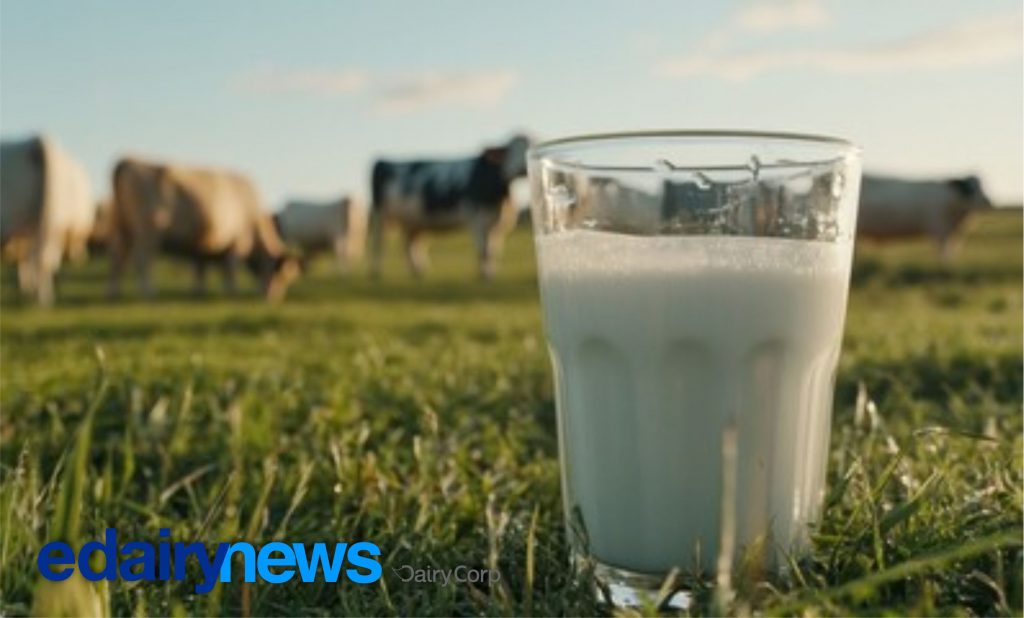One of four recipients of Western Dairy scholarships this year to help finance her honours research at Murdoch University’s School of Veterinary and Life Sciences, Ms Mauger is investigating gastrointestinal parasites – worms – in dairy cows.
Her research is being supervised by veterinarian and senior lecturer and researcher in production animal health and management at Murdoch Josh Aleri, who is known to most WA dairy farmers.
Understanding the burden of gastrointestinal parasites in WA dairy farms is an ongoing research project for Dr Aleri as part of a broader interest in bovine health and wellbeing and Ms Mauger’s honours thesis will add to this scientific knowledge to be shared with farmers.
A number of species of parasitic worm are commonly found in the digestive tracts of dairy cattle and if the worm burden is high enough, they can cause infection and disease.
At the very least, they can slow growth of calves and cause them not to thrive and a loss of condition and a drop in milk production in adult cows.
Worms can be difficult to get rid of because they can spread quickly through grazing production herds without the resultant impacts being immediately attributable to the hidden cause, unless farmers are particularly vigilant, aware of the tell-tale signs and regularly use a combination of preventative drenches.
Department of Primary Industries and Regional Development (DPIRD) specialists, researchers and observant farmers are aware some species of worms have already developed a degree of resistance to some commercial drenches, making the job of controlling infection within herds even more difficult.
That is where Ms Mauger and her research comes in.
Her aim is to investigate drench effectiveness and try to identify and quantify resistance in calves.
She is distributing a survey questionnaire through Western Dairy, which hopefully will put it up on its website so it can be completed online by dairy farmers, asking them about grazing patterns, what breed of cows they run and what worm drenches they use and how often.
Ms Mauger is hoping to get a sufficient number of responses so she can collate all of the information into a representative picture of what WA dairy farmers are doing to combat gastrointestinal worms.
But so far, the survey completion rate is not great.
“So far I haven’t had any responses to that, only from the farms that I’ve visited,” Ms Mauger said at a recent Western Dairy-organised Dardanup pasture walk where she was introduced to farmers.
Ten farmers are participating in her research, but more are needed to make the results more representative of what is happening in the local industry overall, rather than just on 10 farms.
“We’re looking for dairy farmers who have about 70 to 100 three to eight or nine-month-old calves, just so we have enough calves for each treatment group to give a good representation so we can tell if each drench is working well,” Ms Mauger said.
“The calves need to have been weaned and either haven’t been drenched or at least six weeks since drenching.
“We go in, we drench them (calves), we weigh them and take a fecal sample.
“I take the fecal sample back to the lab and screen it.
“I’m looking for Strongyloides (Threadworm, common in young calves), Nematodirus, Ostertagia ostertagi (common brown stomach worm), Cooperia oncophora (hair worm), Trichostrongylus (black scour worm), Haemonchus placei (barber’s pole worm) and any other parasites.”
Ms Mauger said if she found a sample containing enough worms to justify the drenching, she will go back two weeks later and take another sample and that sample gets sent off to DPIRD in Albany and they’ll count them too.
She said they will grow them out and identify the species.
“They’ll compare the treatments to the controls and give me a quantitative report and I take that data and prepare a report for the farmer,” Ms Mauger said.
“So far we’ve sent off six samples for analysis.
“We’re aiming for 10 to 15 if possible, just to get a robust amount of results.
“We’ve found that there has been resistance so far on each farm (from where samples were tested) to at least one type of drench, if not more.”
Ms Mauger said she was using four types of drench in her research – an ingestible Dectomax, an oral Panacur, oral Nilverm and a combination pour-on Eclipse.
Preliminary observations showed a difference in the Strongyloides worm species between farms and different combinations of worms had been found in dairy cattle so far.
Ms Mauger said Cooperia oncophora “is the constant”.
“Cooperia is everywhere, it is the one that is most prevalent and the one with the most resistance,” she said.
Growing up in Cairns, Queensland, to parents who worked in the military, Ms Mauger is a recent convert to the local dairy industry.
She studied zoology and ecology at James Cook University, Queensland, before moving to WA with her family in 2016 and enrolling at Murdoch to study animal health and animal science.
“Part of the degree is you have to do farm experience,” Ms Mauger said.
“Last year I did a month on a dairy farm in Harvey and I just fell in love with cows – that’s why I’m here (at the pasture walk) now.
“We had to do two weeks for the university, but I ended up staying four weeks.
“I just loved it, I did everything – I did milking, I did fencing, I did calf rearing, I did the herding.
“From then on I wanted to do something in dairy.”
Apart from her own research, Ms Mauger is also helping other Murdoch School of Veterinary and Life Sciences students complete their research projects by collecting data for them from the dairy farms she visits.
She said the other research projects were on mastitis, an inflammation of the udder and metritis, an inflammation of the uterus caused by bacterial infection and usually seen following calving.
Farmers interested in becoming part of Ms Mauger’s research project on gastrointestinal parasites in dairy cows can contact Western Dairy extension officer Jessica Andony on 0435 174 719 or email jessica@westerndairy.com.au and she will pass on their details.













